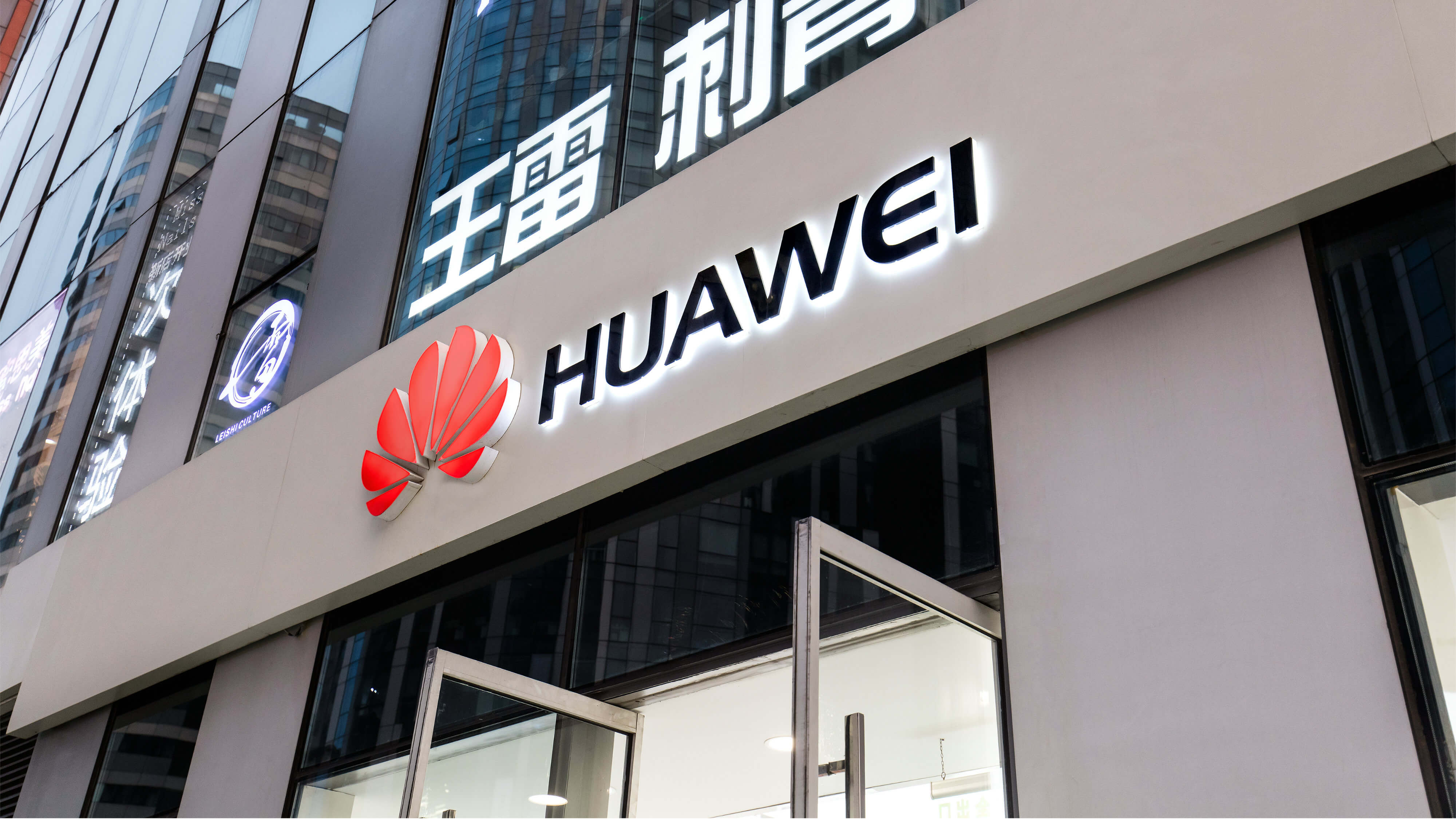In brief: Huawei isn't the only one losing money because of its blacklisting. American chip makers who supply the Chinese firm with their technologies will also take a financial hit and are lobbying the US government to ease the ban.
According to a Reuters report, executives from Intel and Xilinx met with the Commerce Department late last month to discuss Huawei's placement on the entity list, which stops US firms from doing business with it without a license from the government.
Qualcomm also met with the Commerce Department to discuss the issue, according to four people familiar with the matter. Trade group The Semiconductor Industry Association (SIA) confirmed it helped arrange meetings between the companies and the US government.
The firms aren't disputing that using Huawei's tech in 5G networks could pose a threat to national security, but they argue that its smartphones and servers, which use commonly available parts, are unlikely to present the same risk.
"This isn't about helping Huawei. It's about preventing harm to American companies," one of the people said.
Reuters notes that of the $70 billion that Huawei spent purchasing components in 2018, $11 billion went to US firms. Broadcom alone warns that US-China trade tensions and the Huawei ban would knock $2 billion off its sales this year.
A Commerce Department rep said it "routinely responds to inquiries from companies regarding the scope of regulatory requirements," and that these discussions do not "influence law enforcement actions."
Huawei itself is feeling the repercussions from the trade ban. It recently had to indefinitely postpone the release of a new MateBook laptop, while Bloomberg reports the company is preparing for a 40% to 60% drop in international smartphone shipments.
The situation is so grim for Huawei that the Honor 20, which is set to launch in the UK and France on June 21, could stop being shipped soon after release. With consumers worried about the phone soon being unable to receive Android OS and App updates, sales might be dire.
